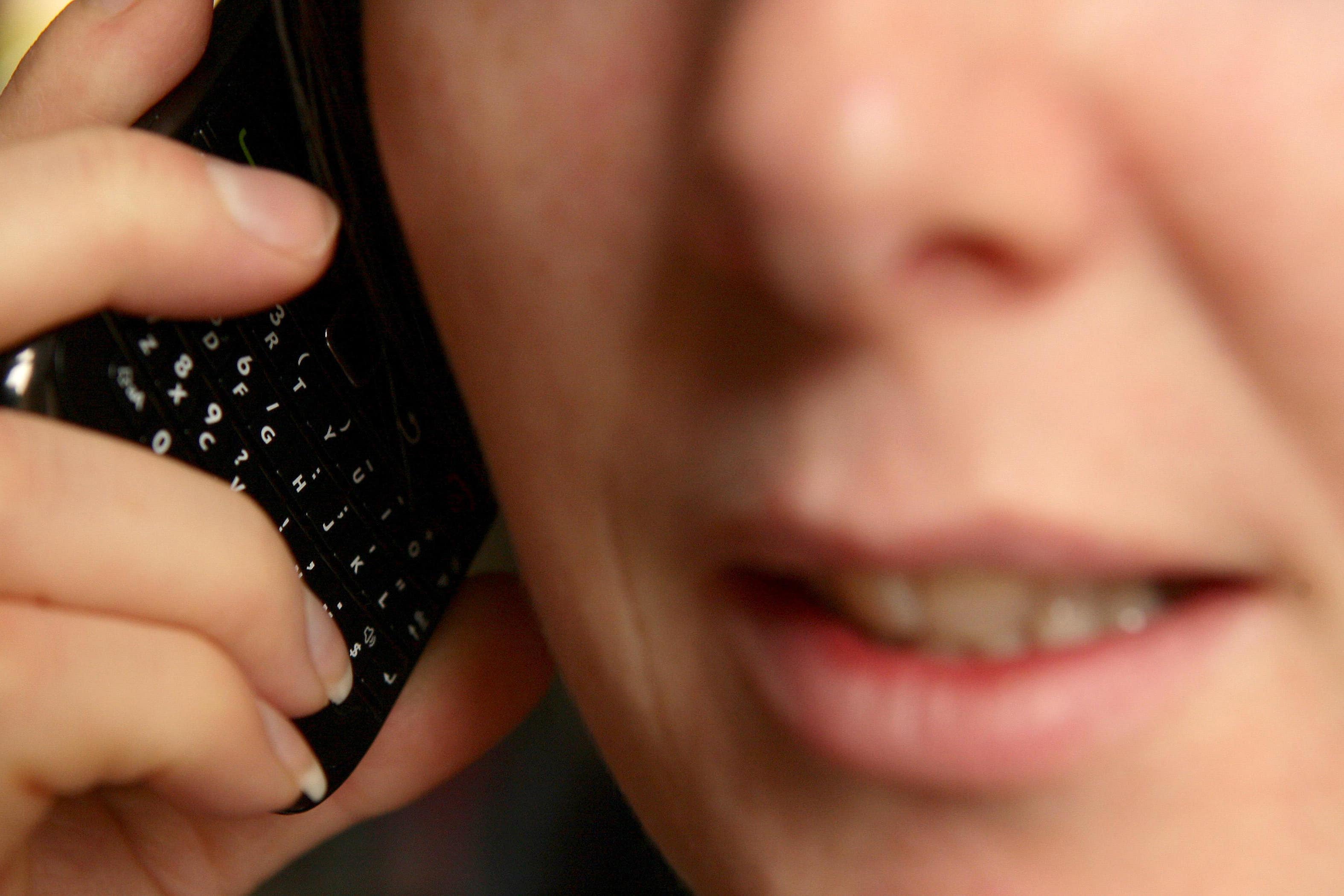Phone support can ‘reduce loneliness and depression’ in older people – study
Patients showed improvements in depression and loneliness after eight weekly phone calls.

Your support helps us to tell the story
From reproductive rights to climate change to Big Tech, The Independent is on the ground when the story is developing. Whether it's investigating the financials of Elon Musk's pro-Trump PAC or producing our latest documentary, 'The A Word', which shines a light on the American women fighting for reproductive rights, we know how important it is to parse out the facts from the messaging.
At such a critical moment in US history, we need reporters on the ground. Your donation allows us to keep sending journalists to speak to both sides of the story.
The Independent is trusted by Americans across the entire political spectrum. And unlike many other quality news outlets, we choose not to lock Americans out of our reporting and analysis with paywalls. We believe quality journalism should be available to everyone, paid for by those who can afford it.
Your support makes all the difference.Offering older people psychological support over the phone could help to reduce depression and loneliness, a new study suggests.
Researchers said that people who had a type of therapy, delivered via a weekly phone call over eight weeks, showed improvements in mental health.
The study, led by academics from the University of York, Hull York Medical School and at Tees, Esk and Wear Valleys NHS Foundation Trust, saw experts give therapy to patients recruited from GP surgeries across England and Wales.
One of the reasons this study matters is that it's easy to be fatalistic about loneliness in later life and think that nothing can be done to resolve it, but these findings show this is far from the case
Some 218 were given the “behavioural activation” treatment and 217 people received “usual care”.
Behavioural activation treatment is a psychological therapy that explores how inactivity and low mood are linked, The therapist and patient work together to make a treatment plan to encourage patients to take part in more “meaningful activities” including maintaining social connections and keeping active.
People involved in the study had an average age of 76.
Researchers used standardised scores to measure levels of depression, anxiety and loneliness in the people taking part in the study.
Levels of depression dropped significantly in the group who received therapy compared to the group who did not.
Researchers also found that those who received psychological support were less likely to report “emotional loneliness”.
But there was no evidence of a difference in “social loneliness”.
There were no significant differences between the groups for anxiety or “health-related quality of life,” they added.
However, they concluded: “Behavioural activation is an effective and potentially scalable intervention that can reduce symptoms of depression and emotional loneliness in at-risk groups.
Writing in the journal The Lancet Healthy Longevity, they added: “The findings of this trial add to the range of strategies to improve the mental health of older adults with multiple long-term conditions.”
The study, which took place between February 2021 and February 2022, aimed to improve care for people who were socially isolated as a result of the Covid-19 pandemic.
However, researchers said the findings have implications beyond the pandemic to reduce the number of people who are depressed and to help address the impact of loneliness.
Commenting on the study, Caroline Abrahams, charity director at Age UK, said: “Loneliness sucks the joy out of life for far too many older people, so it is really encouraging to see the results of this study.
“One of the reasons this study matters is that it’s easy to be fatalistic about loneliness in later life and think that nothing can be done to resolve it, but these findings show this is far from the case.
“That’s cause for optimism and at Age UK we are pleased to support this work. We hope that the findings will encourage local services to take older people’s mental health seriously and deliver services and support that make a real difference to them.”